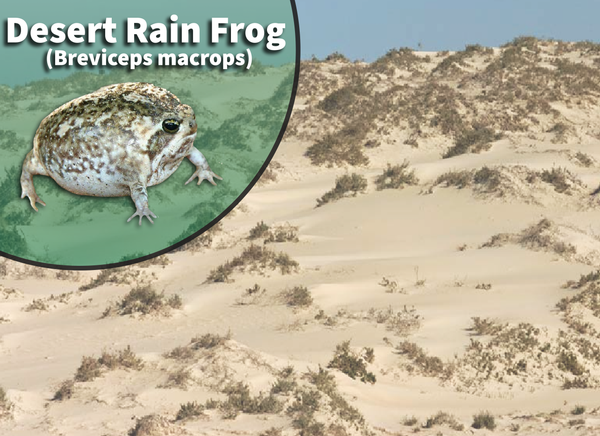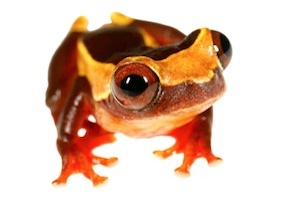Discover Rare Rain Frog for Sale: Boost Your Amphibian Collection Today!
Discover Rare Rain Frog for Sale: Boost Your Amphibian Collection Today!
Blog Article
Common Health Issues in Reptiles: Symptoms and Solutions
In the elaborate globe of reptile treatment, understanding the common health and wellness concerns that may impact these special animals is extremely important in ensuring their well-being. Whether it's grappling with parasitic invasions, browsing dehydration worries, or resolving skin disorders that materialize in refined methods, being attuned to the signs and symptoms and outfitted with the understanding of reliable options is crucial for any kind of reptile proprietor.
Breathing Infections
Respiratory system infections in reptiles can dramatically influence their overall wellness and call for punctual attention from skilled vets. These infections are commonly triggered by microorganisms, fungi, or infections and can materialize through signs and symptoms such as wheezing, nasal discharge, open-mouth breathing, and lethargy. In reptiles, breathing infections can be especially challenging to identify and deal with due to their special anatomy and physiology. Veterinarians usually depend on a combination of physical exams, analysis imaging, and laboratory examinations to accurately recognize the underlying reason of the infection.
Treatment for respiratory infections in reptiles usually entails a combination of helpful care, such as preserving correct moisture degrees and temperature level slopes in the enclosure, along with targeted medicine to resolve the details microorganism liable for the infection. It is critical for reptile owners to monitor their pets carefully for any indications of respiratory system distress and look for veterinary treatment at the earliest indication of a concern. With prompt treatment and ideal treatment, several reptiles can recover completely from breathing infections and return to regular tasks.

Metabolic Bone Condition
What variables add to the growth of Metabolic Bone Condition in reptiles?
Metabolic Bone Illness (MBD) in reptiles is mostly triggered by an absence of correct calcium, phosphorus, and vitamin D3 degrees in their diet plan. Furthermore, insufficient direct exposure to UVB light stops reptiles from synthesizing vitamin D3, which is vital for calcium absorption and bone health.
Various other contributing factors to MBD include improper temperature level slopes within the reptile's habitat, resulting in lowered metabolism and damaged calcium absorption. Not enough moisture degrees can likewise affect a reptile's capability to metabolize calcium effectively. Particular reptile varieties have certain dietary requirements that, if not fulfilled, can boost the possibility of developing MBD. Regular vet examinations, proper husbandry techniques, and a well balanced diet are important to stop Metabolic Bone Condition in reptiles.
Parasitical Infestations
Parasitical infestations position a substantial wellness threat to reptiles, influencing their total health and needing timely vet attention. Reptiles can be influenced by numerous parasites, consisting of termites, ticks, internal worms, and protozoa. These bloodsuckers can cause an array of symptoms, such as weight management, lethargy, skin inflammation, diarrhea, and also death if left without treatment.
One common bloodsucker found in reptiles is the mite, which can trigger skin anemia, tension, and irritability. Ticks are an additional external parasite that can send illness and create discomfort to the reptile. Interior parasites like worms and protozoa can bring about digestive issues, poor nutrition, and damage the reptile's immune system.
To diagnose a parasitic problem, a veterinarian may do fecal tests, skin scrapings, or blood examinations. Therapy often involves deworming medications, antiparasitic baths, or in serious situations, hospitalization. Preventative procedures such as routine veterinary check-ups, correct health, and Discover More quarantine treatments for brand-new reptiles can assist lessen the threat of parasitic problems and ensure the well-being of reptile pets.
Dehydration and Hydration Issues
Dehydration in reptiles can significantly impact their health and well-being, demanding timely intervention and suitable hydration management. Reptiles are vulnerable to dehydration because of different elements such as inadequate water intake, high ecological temperatures, and particular wellness problems. Signs and symptoms of dehydration in reptiles include sunken eyes, sleepiness, loss of skin flexibility, and minimized urination. If left neglected, dehydration can result in major health concerns and even be deadly to the reptile.
To stop dehydration, reptile proprietors should make certain that their pets have accessibility to clean water in any way times. The water recipe must be large enough for the reptile to saturate in if required, particularly for species that take in water via their skin. Additionally, keeping proper moisture levels in the reptile's unit and offering normal baths can aid stop dehydration.
In instances of dehydration, it is critical to look for veterinary care without delay. A veterinarian may administer fluids either orally or with injections to rehydrate the reptile. It is important to deal with the underlying source of dehydration to avoid reappearance and guarantee the reptile's general wellness.
Skin Conditions

Verdict

Respiratory system infections in reptiles can significantly influence their overall health and call for timely attention from seasoned veterinarians (rain frog for sale). Preventative measures such as routine veterinary exams, click for info appropriate health, and quarantine procedures for brand-new reptiles can aid lessen the risk of parasitical invasions and guarantee the wellness of reptile pet dogs
If left without treatment, dehydration can lead to serious wellness issues and even be deadly to the reptile.
Routinely inspecting your reptile for any kind of modifications in skin shade, look, or appearance can assist in early discovery and treatment of skin disorders, promoting the total wellness and well-being of your scaly buddy. - rain frog for sale
In final thought, reptiles are susceptible to different health and wellness concerns such as respiratory infections, metabolic bone illness, parasitical infestations, dehydration, and skin conditions.
Report this page